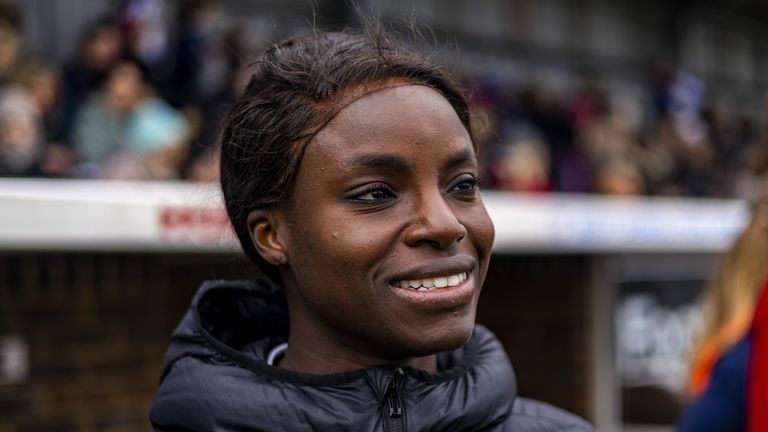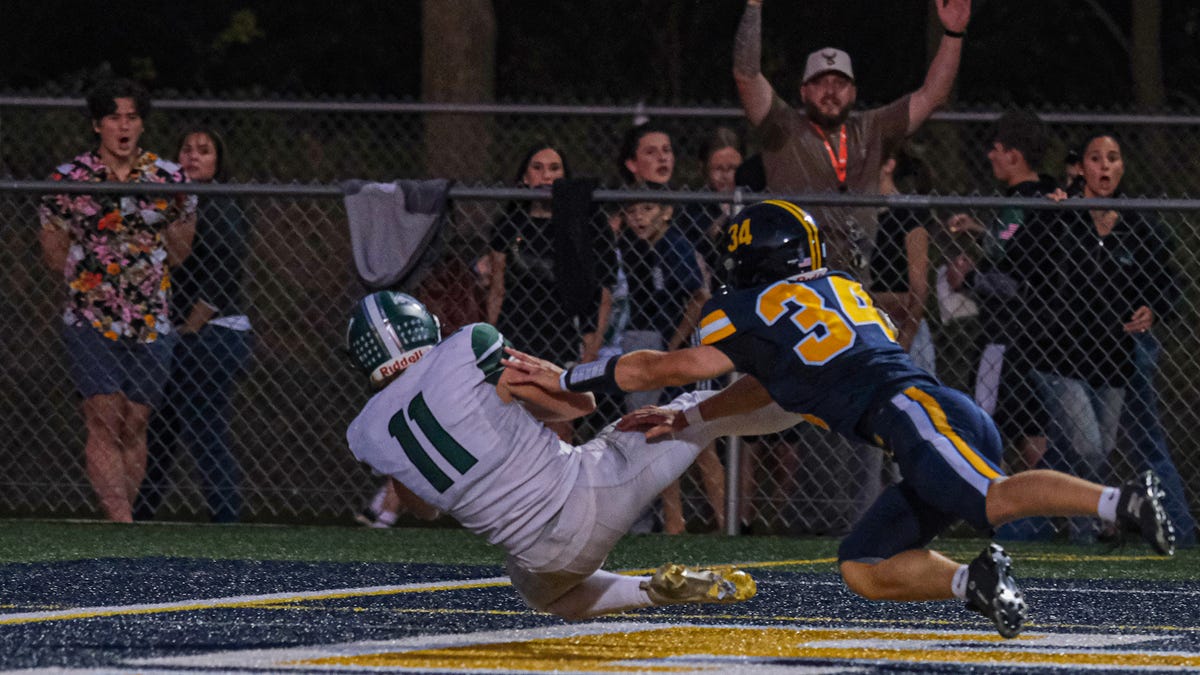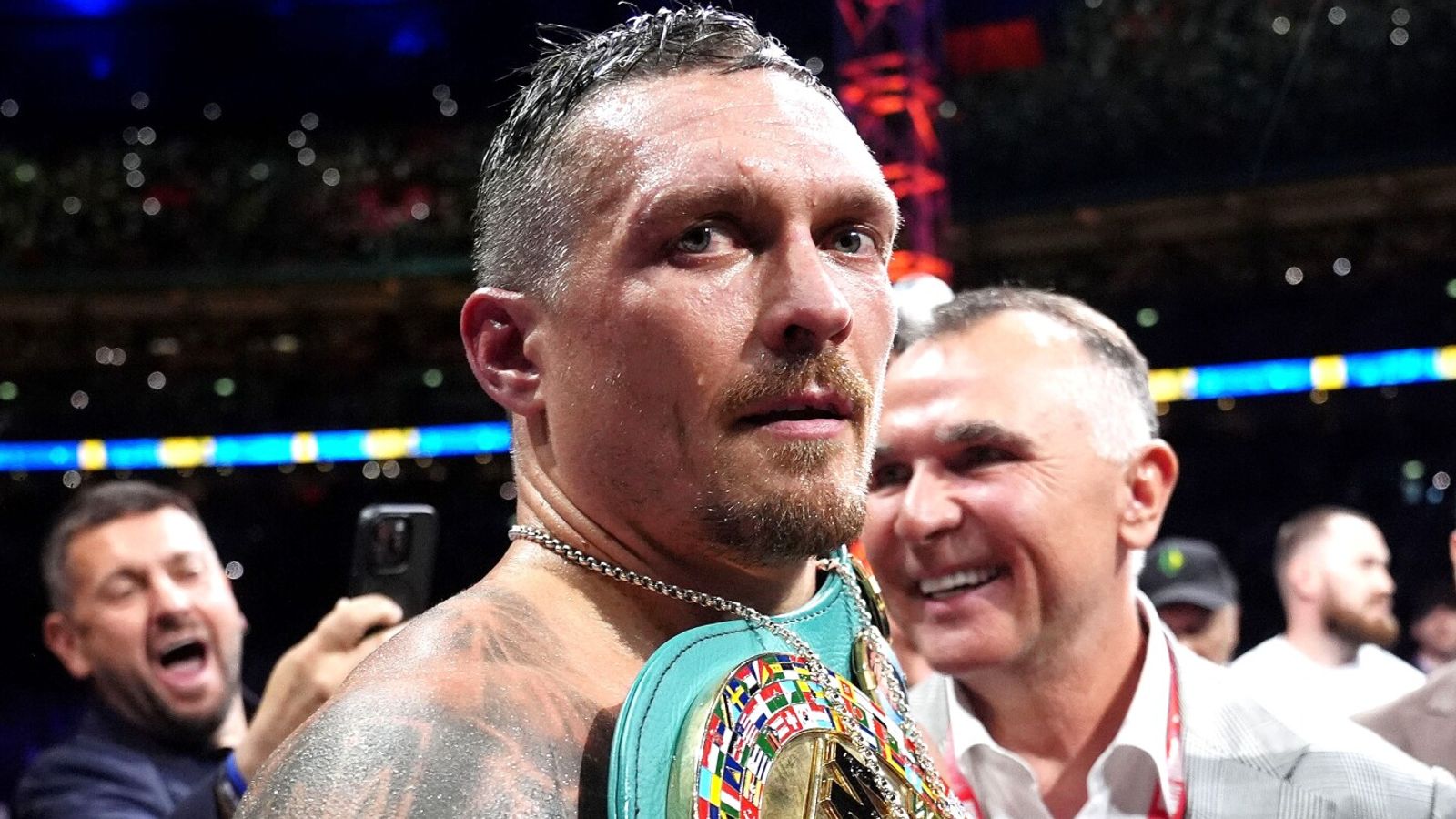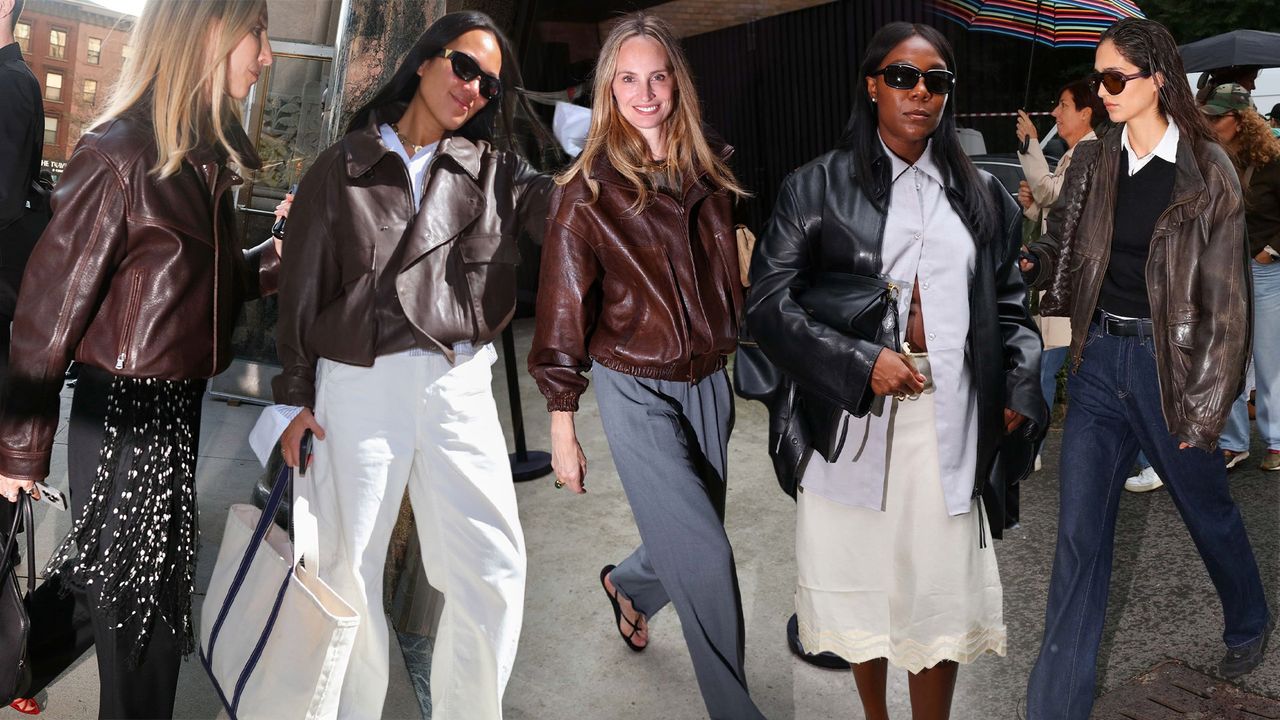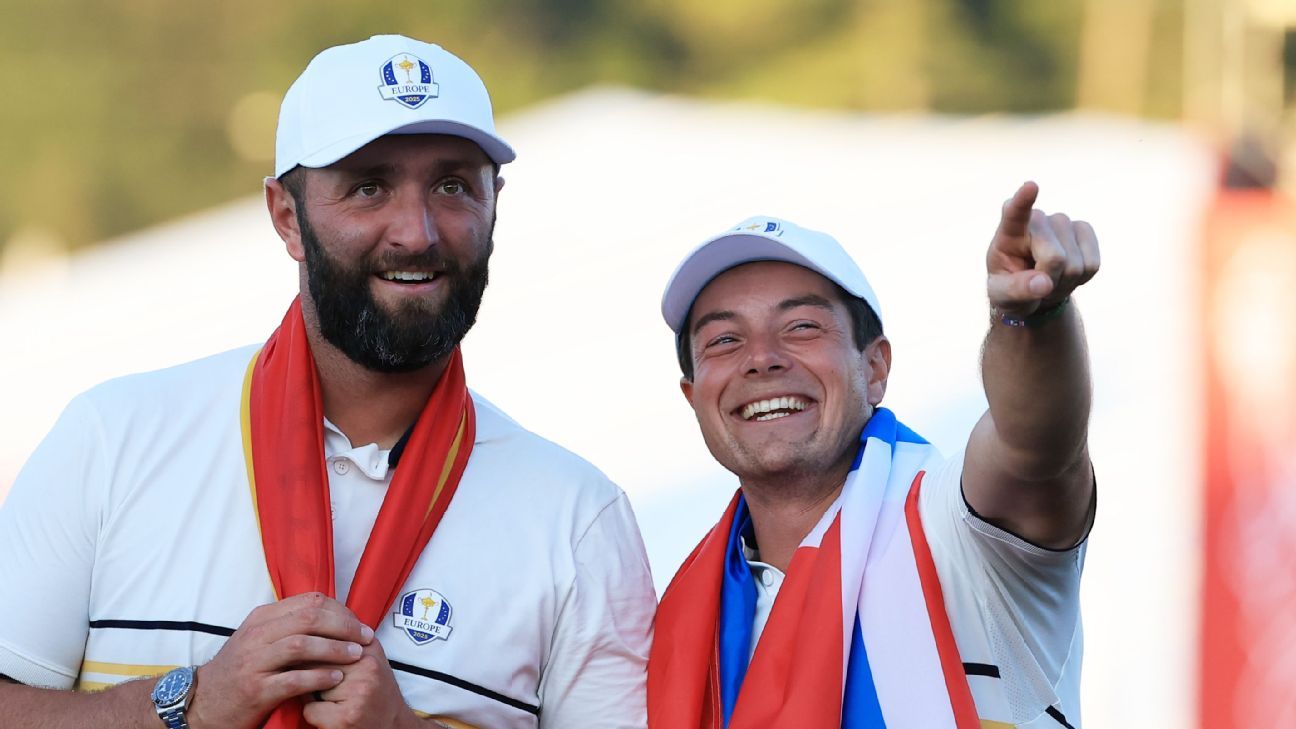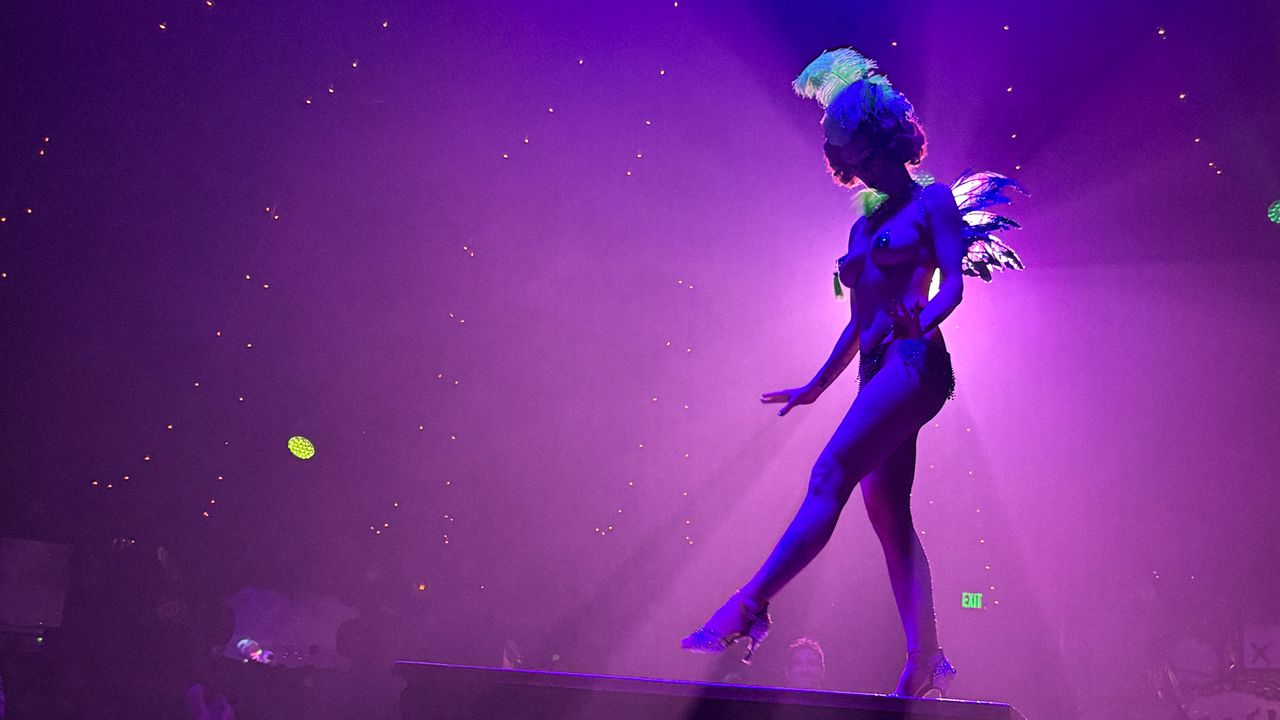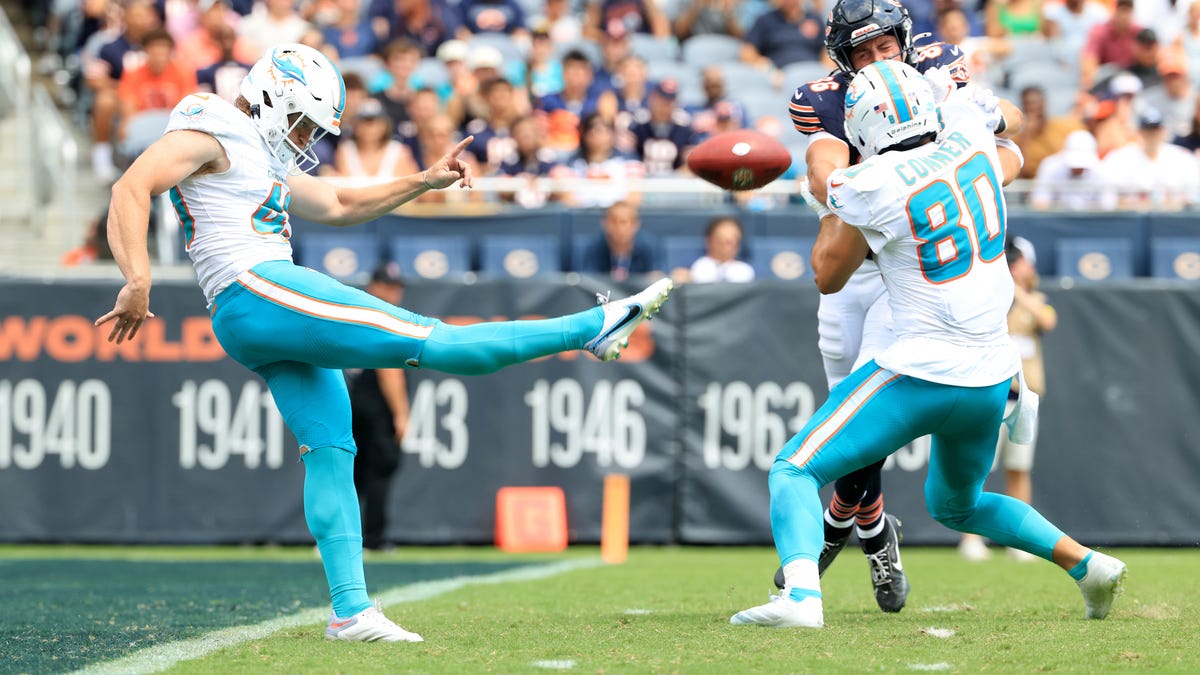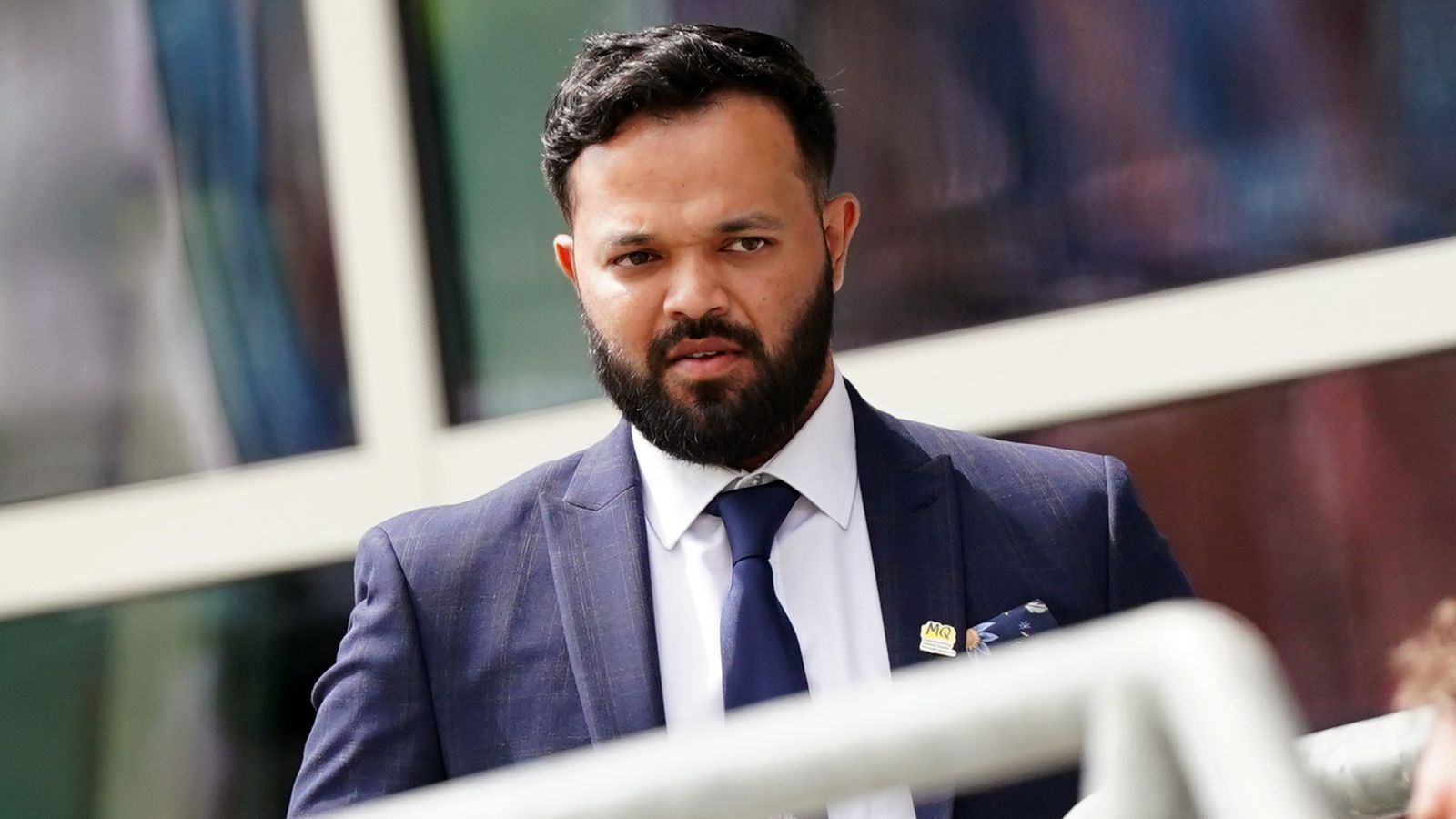
Sportspeople and pundits have revealed that online abuse is becoming increasingly damaging, leading to self-harm and fears that it could contribute to someone taking their own life.
Former cricketer Azeem Rafiq, broadcaster and ex-England footballer Eni Aluko, and ex-rugby union referee Wayne Barnes were among the participants who spoke to Ofcom, the government’s online safety regulator.
The body spoke to seven selected individuals and held nine discussion groups to examine the impacts of the abuse.
Participants felt it was “only a matter of time” before the online abuse and hate became a major factor contributing to the suicide of someone in the sector.
Contributors to the Ofcom report say online abuse has had profound offline consequences on them – prompting one individual to barricade themselves indoors, while others reported suffering from disordered eating and feelings of helplessness.
Others said they self-censored online or while broadcasting for fear of being targeted, while some shied away from moving into on-screen roles at all because they feared doing so would increase their risk of being targeted.
One contributor to the report said: “I didn’t leave my house for a week because of the impact of online abuse, the sort of wave (of intensity) and the amount of people that are abusing you.
“And then the media writes about it and then it becomes this sort of overwhelming feeling of just dread that so many people are saying such horrible things about you, without you actually having done anything.”
‘Over time it wears you down’
Sportspeople and pundits warned that online hate is becoming increasingly normalised and that it is significantly impacting how they do their jobs, live their lives and express themselves.
Rafiq, a British Muslim, said “nothing could have prepared him” for the abuse he received after speaking out about the racism he faced at Yorkshire County Cricket Club.
He was hit with racist and Islamophobic posts on social media, saying the barrage of messages chipped away at his mental health over weeks and months.
He subsequently moved his family from the UK to Dubai, saying: “We no longer felt safe.”
“I felt overwhelmed, as if the abuse was coming at me from all sides,” Rafiq added. “And when people with big followings piled on, it just amplified everything.
“It was all I could think about. Over time, it wears you down.”
Contributors to the report felt abusers were becoming bolder because of a perceived lack of consequences for accounts that post it, and were being incentivised to post hateful and abusive content by the business models of online services that monetise engagement.
Online hate and abuse has a serious impact on lives, affecting victims’ ability to do their jobs and it has consequences for their family and friends, both online and offline.
Wayne Barnes said he accepted the criticism that came with the territory of being a referee, but wasn’t prepared for his family to come under attack on social media.
“My wife was on social media, and she started getting the abuse first-hand – direct messages, fake friend requests, emails to her workplace,” Barnes explained.
“I accepted that criticism comes with the territory. Referees make big calls. Not everyone is going to like you.
“The abuse went on for some time – misogynistic language aimed at my wife because of her association with me, and, at times, threats of sexual violence.
“I’m in shock that my wife had to deal with that. You don’t mind people abusing you, but you want to protect your family.”
Participants also felt their relationship with food was affected by the online abuse and hate, with comments left about their weight.
The hate and abuse derives from a range of different people, from people the participants knew, to strangers and unknown individuals using anonymous accounts.
For some, especially those proactively trying to reduce the volume of abuse they were receiving, hateful content from anonymous accounts was worse because it was impossible to hold the person to account.
Others were more concerned when the accounts weren’t anonymised. That demonstrated the normalisation of hateful and abusive behaviour, that a person who didn’t hide their identity either thought that conduct was acceptable or felt no shame in being associated with it.
Participants in this report said they wanted platforms to enforce their terms of service and reduce online hate and abuse for all users.
They said existing tools, such as blocking or muting, do not go far enough to help protect them and their families and friends against online hate and abuse.
‘Culture of abuse normalised’
Kick It Out chair Sanjay Bhandari said: “The impact of online abuse is undeniable, and the rise in discriminatory social media reports to Kick It Out last season shows it is getting worse.
“Time and again, players and others across the game tell us about the mental toll this abuse takes, and we welcome this new report, which highlights just how deep that impact runs.
“This isn’t about a few hateful comments. It’s about a culture of abuse that has become normalised. It’s about a social media ecosystem that too often enables and amplifies abuse.
“And it’s about victims who feel imprisoned by that culture of abuse.”
Jessica Zucker, Ofcom’s online safety director, said: “The UK’s new online safety laws mean tech firms now have to start protecting people on their sites and apps from illegal forms of abuse. And when all the rules are fully in force, some of the largest social media platforms will have to give users more control over what they see online.
“People with lived experience of harm online are at the heart of the rules we make and the action we take. We’ll be pushing companies hard to make their services safer by design, and holding them to account if they don’t.”
#Ofcom #report #warns #online #hate #normalising #damaging #culture #abuse #sport #Cricket #News



